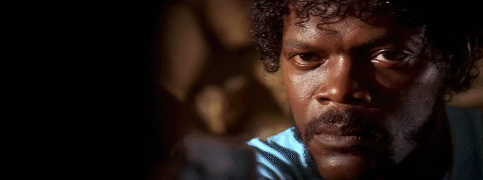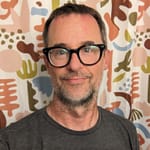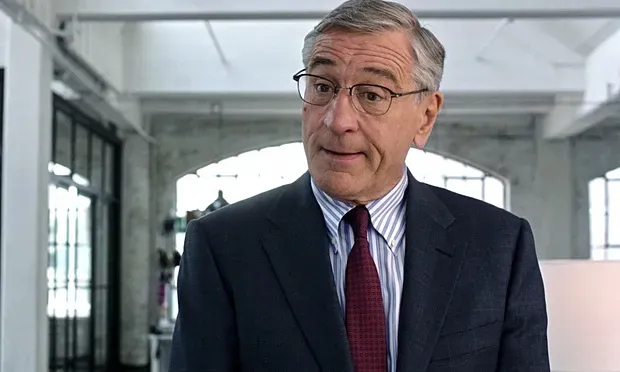Pivoting to unemployment: a 20 year plan
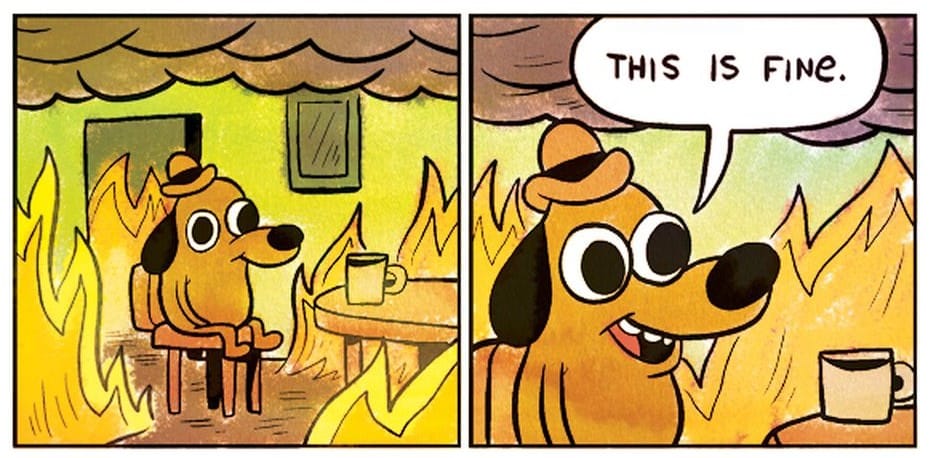
In November of 2003 I was vacationing in England. I remember, vividly, one day of this vacation above all others — my day at Bletchley Park.
During World War 2, Bletchley Park, an estate outside of Milton Keynes, was used as a secretive campus for code-breaking efforts (most notably the frustratingly tricky Enigma cipher machine used by Germany). The impact of the work done by the staff is immeasurable, not just in terms of the war effort, but also in the advancement of cryptography and computer science. As someone who has dedicated their professional life to computer science, who is fascinated by nautical and submarine military history, and who likes a good puzzle, this place was a real treat.
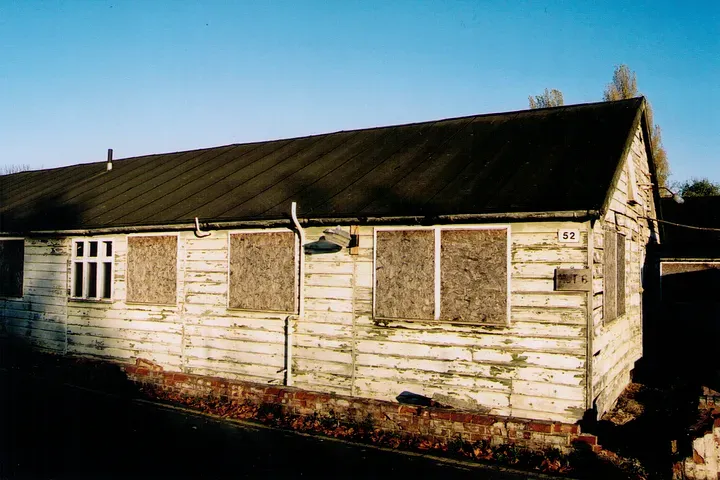
When I visited Bletchley Park in 2003, its profile was significantly more modest than it is now. At that time the park was in a state of transition, fighting for funding, and, I believe, generally on the brink of disappearing. Several outbuildings (‘huts’) sat empty and in disrepair, the paint peeling and windows broken or boarded up. Still, the sense of history — knowing that true, passionate visionaries had worked within those huts — was intoxicating. I had goosebumps for hours.
Luckily, many more people now know about Bletchley Park and its revered place in military, cryptographic, and computer science history. Funding has been secured, attendance is healthy, and it is now a world class museum. What a difference a decade makes and I’m thrilled that it is being preserved for future generations.
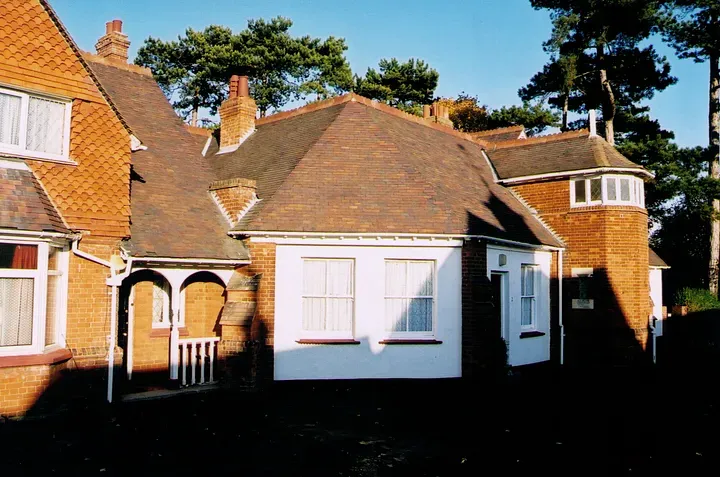
While I did pick up a few souvenirs at the gift shop that day, I also brought home something I wasn’t expecting: an urge to leave my job. I felt a pull towards Bletchley Park. I wanted to help it survive.
Over the next few years, I fought the idea of leaving a job I loved and found incredibly rewarding. Ultimately, in 2006, the idea won and I started planning a substantial leave of absence from work in order to volunteer at Bletchley Park in whichever capacity they felt would help them the most.
When I graduated from university, my first goal was to secure employment with a company writing code. I was single. I didn’t have a car. I had no debt. I lived with family but was flexible and open to moving. Things seemed pretty straight forward: write some code, build some software.
After a few years of working really hard, eating cheap food, and living in a small bachelor apartment in someone’s nondescript bungalow basement, a new motivation arose: to make some of that ‘high tech money’ I’d been hearing about. (Looking back at my salary the first year out of university, I am still shocked; see below.)
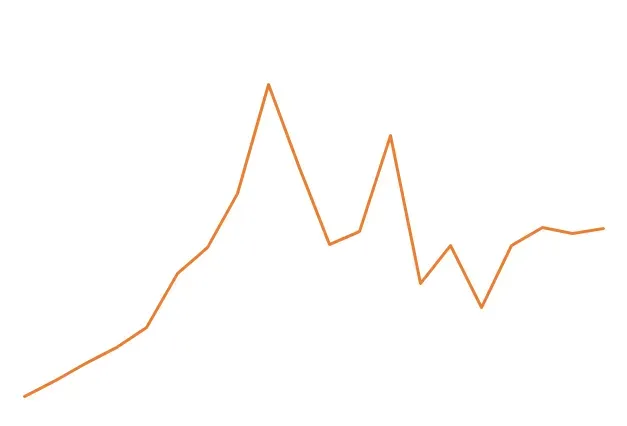
Those two elements of my professional life — creating cool software and getting well paid for it — sustained me for twenty years. I worked for five companies, lived in three different homes, got married, and had two children.
I also burnt out. Twice. Hard.
Part way through last year I took a leave from work. I needed to regroup and explore the stressors that — not once, but twice — caused me to burn out. [I’m saying ‘burn out’ because that sounds cooler than depression; how messed up is that?]
During my leave I did something that, as an adult, I’ve never done before: I didn’t write any code. Not a line…for the first time in twenty years! Instead, I took time to walk my kids to school, go camping, paint a room or two, cook more, and generally try to be a better human. This was the first useful thing I did.
I also spent an inordinate amount of time in my own brain, trying to design my way through this predicament (oh look, another euphemism). I had some professional help which, as a fiercely independent person, was often disconcerting — but also absolutely necessary. I finally acknowledged that the work I’d been doing, while technically challenging and financially rewarding, wasn’t going to save the world — it barely moved the needle! Taking time to reassess my priorities, both professional and personal, was the second useful thing I did.
I made a conscious decision to ignore, as much as possible, my natural pessimism and to say ‘yes’ to all sorts of things I would have normally railed against (I call this The Opposite approach, taken from the Seinfeld episode of the same name). I opened my mind to the possibility that ‘my way’ wasn’t working as well as I’d hoped. This was the third useful thing I did.
Firmly in the category of ‘things I wouldn’t normally agree to’, I reached out to people — many of whom were complete strangers to me — with the hope of educating myself about that aspect which I seemed to need in my professional work: a social contribution. The people I spoke to (friends, colleagues, CEOs, entrepreneurs, data scientists, international policy researchers, etc.) were incredibly generous with their time, energy, and advice.
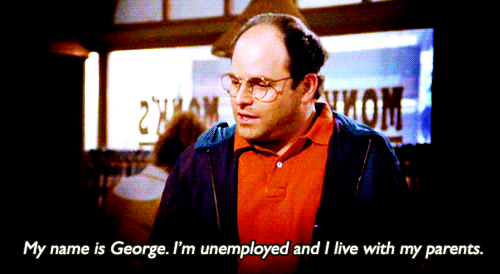
And what did I learn? I learned that, for all my education and experience, there were sectors and organizations that I was completely ignorant to. I’d been living in a fairly small bubble. That was really exciting to learn, oddly enough — it was refreshing to step outside of the world I’d created.
I also realized that it is pretty easy to be productive and efficient with the best tools, lots of cash, and a solid support infrastructure. The real trick — and it is an impressive one — is how to have a significant impact with shoestring budgets, outdated tools, and skeleton crews. Through the conversations I had, I was able to see just how many not-for-profit/social good organizations were kicking ass, locally and around the world.
As a result of those conversations, I’ve been trying to figure out how I can sustain myself intellectually, contribute to the family financially, all while doing more than just contributing to a corporate bottom line. Oh, and not burn out a third time.
My Dad, as good dads do, gave me some solid advice which I’ll pass onto my children. He said, “some people love their work and it sustains them, others find a rewarding hobby to enjoy at the end of the day”. That sounds straightforward enough, perhaps even obvious enough to be common sense, but it turns out I wasn’t sure which sort of person I was. It turns out I need to love my work; I need it to sustain a large part of me.
These past months have been equal parts exciting, gut-wrenching, and gloriously eye-opening. I have never felt such sustained discomfort as I did in the first few months of this exploration. Many months later, I feel more confident in my ability to handle a situation without knowing all the details. I’ve considered paths that I wouldn’t have given a minute’s thought to a year ago. I’m also happy a lot more, which is pretty awesome (just ask my family!).
I am thankful that I had the support of friends, family, and professionals. I’m relieved that my skills (planning, risk analysis, design, talking/interviewing, etc.) were able to help me dig my way out of the hole I’d spent years digging.
When I was younger, just establishing myself in the field, I worked a lot (consistently more than 80 hours per week over the course of several years). This was a deliberate and measured choice: I knew that, by doing so, my social life would be shallow and erratic, and my health would be secondary. But I also knew that I’d learn a heck of a lot when I felt it mattered most.
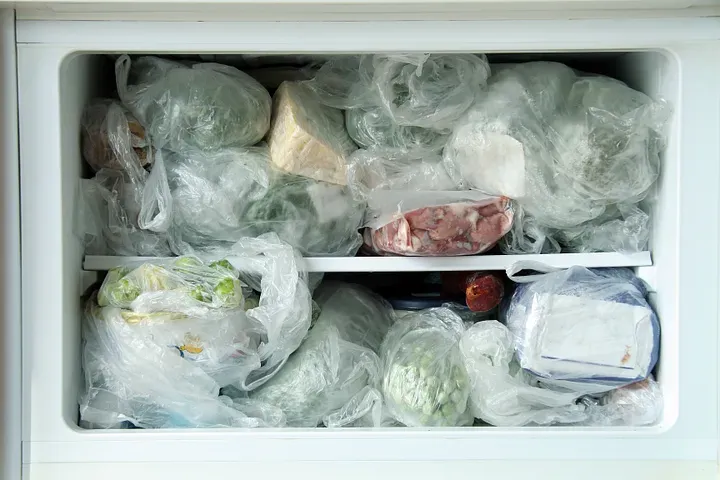
Would I change anything if I was in the same situation 20 years later? What I would do differently is discuss such decisions with a more diverse group of people. I would seek out established professionals in both my industry and others (there seems to be much more overlap today) and ask them what has worked — and failed — when making their career choices (and non-career choices too, I suppose). I would make use of the communities Kitchener-Waterloo excels at (Peer2Peer groups at Communitech, HackerNest, etc.). I would proactively seek out a mentor. I would be vigilant in gathering data about how my decision was affecting me and those around me.
So how was my time working at Bletchley Park? I never went.
I often think about how my life would be different had I gone. But I stayed for perhaps the best of reasons — I met a wonderful girl. So everything ended well: I fell in love and Bletchley Park was saved.
And now, almost fifteen years later, I finally understand that while Bletchley Park needed help, I was the one who needed to change.
I think we all need to step back once in a while, spend some time in our own heads and ask some tough questions. We need to talk to friends, family, and the odd stranger, and figure out if we’re being the best humans we can be — for ourselves, our friends and family, our communities. And, if you’re one of those friends, those families, those strangers, ask a question and start a conversation. The person you talk to you might not even know the hole they’re in…or how to get out.
This essay is both self-indulgent and cathartic; I make no apologies for that. It isn’t lost on me that I may very well be a completely entitled little prat.
But I’m trying, Ringo.
